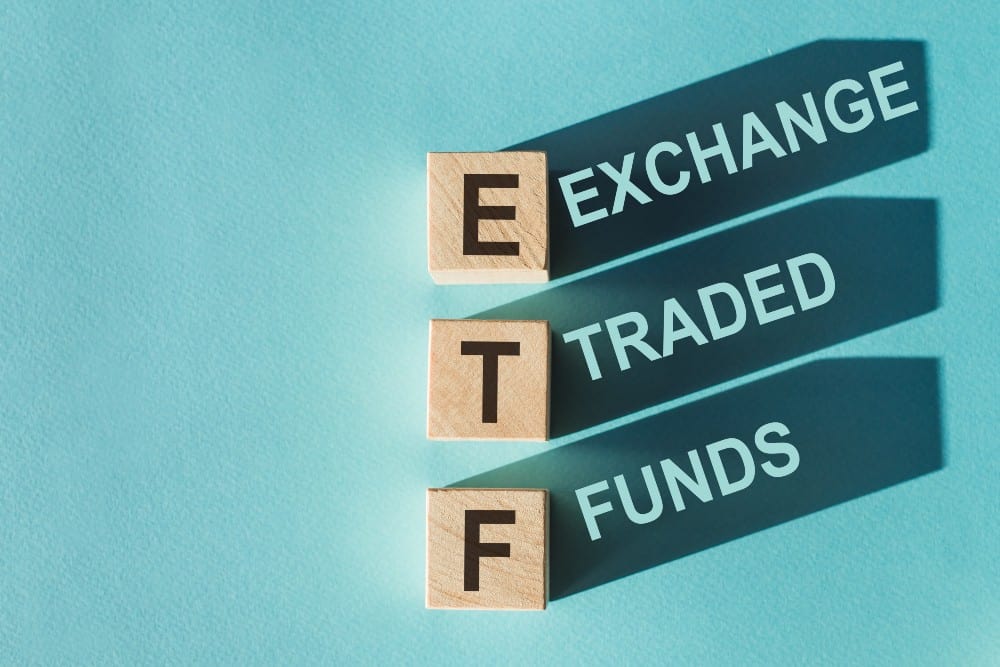Have you ever noticed that a particular type of investment seems to be the talk of the town among Canadian investors? No, it’s not meme stocks or crypto. Instead, we’re talking about exchange-traded funds, or ETFs. I think it’s about high time we explore why our fellow Canadians are so enamoured with this investment vehicle.
As an ETF analyst, I think the allure of ETFs can be traced back to a combination of three factors: low fees, diversification, and variety. Let’s dig into each of these factors in greater detail, breaking down why ETFs have become such a hit among Canadian investors, and look at some notable ETF picks of mine!
ETFs have low fees
The old saying, “A penny saved is a penny earned” rings particularly true when it comes to investing. One of the primary reasons ETFs have become so popular among Canadians is their relatively low fees.
Most ETFs are passively managed, which means they aim to replicate the performance of a particular index rather than trying to outperform it. This approach requires less active management and, as a result, often incurs lower fees than actively managed funds.
Lower fees can make a significant difference in your investment returns over time. Consider this: if you invest $10,000 in a fund with a 2% annual expense ratio, over 20 years, you could end up paying more than $8,000 in fees alone.
In contrast, if you invest the same amount in an ETF with a 0.1% annual fee, you’d pay just over $400 in fees over the same period. That’s a substantial saving that can help you grow your investment pot more efficiently.
Some of the lowest-cost ETFs in Canada are those tracking large-cap Canadian stocks. Examples include Horizons S&P/TSX 60 Index ETF, which costs just 0.04%, and Vanguard FTSE Canada All Cap Index ETF, which charges 0.05%.
ETFs provide easy diversification
Another compelling reason Canadian investors are turning to ETFs is the easy diversification they offer. By spreading your investments across different assets, you can help to manage risk — if one asset performs poorly, others might perform well and offset potential losses.
An ETF typically holds a variety of assets, such as stocks, bonds, or commodities, mirroring a specific index. This means that with just one ETF, you can gain exposure to a broad range of assets, such as stocks from multiple geographies or sectors.
A great example are ETFs like BMO Growth ETF and iShares Core Growth ETF, which both hold thousands of global stocks and bonds in a single ticker. Without ETFs like ZGRO and XGRO, diversifying to that extent would be highly difficult.
Variety: The spice of investing life
Finally, the sheer variety of ETFs on the market is a major draw for Canadian investors. There’s an ETF for almost every sector, commodity, geographic region, and investment theme you can think of.
This extensive variety allows you to tailor your investment portfolio to your interests, risk tolerance, and financial goals. It also allows you to take advantage of specific market trends or sectors without having to research and buy individual stocks. Whether you’re a cautious investor looking for steady returns or an adventurous one seeking higher growth, there’s likely an ETF that fits your needs.
Interested in global tech companies? The TD Global Technology Leaders Index ETF has you covered. What about crypto? There’s CI Galaxy Bitcoin ETF. Do you want dividend stocks? Vanguard FTSE Canadian High Dividend Yield Index ETF is a fan favourite.








